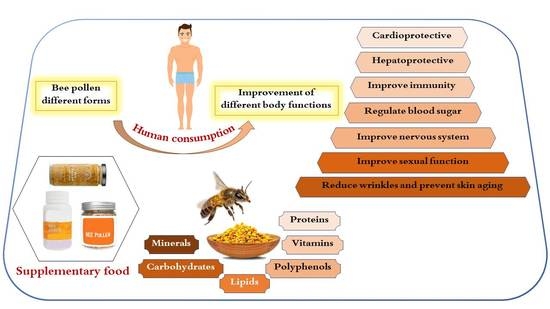
Bioavailability and potential uses of vegetarian sources of omega-3 fatty acids: a review of the literature
Presently alpha-linolenic acid (ALA) is the most widely used vegetarian LC3PUFA, but only marginal amounts are converted into eicosapentaenoic (EPA) and docosahexaenoic acid (DHA); both of which are strongly related to human health. Currently, fish oils represent the most prominent dietary sources of EPA and DHA; however, these are unsuitable for vegetarians. Alternative sources include flaxseed, echium, walnut, and algal oil but their conversion to EPA and DHA must be considered. The present systematic review sets out to collate information from intervention studies examining the bioavailability of alternative vegetarian long chain omega-3 (n-3) polyunsaturated fatty acids (LC3PUFA) sources. Ten key papers published over the last 10 years were identified with seven intervention studies reporting that ALA from nut and seed oils was not converted to DHA at all. Three studies showed that ingestion of micro-algae oil led to significant increases in blood erythrocyte and plasma DHA. Further work is now needed to identify optimal doses of alternative vegetarian LC3PUFAs and how these can be integrated within daily diets. The potential role of algal oils appears to be particularly promising and an area in which further research is warranted.









/https%3A%2F%2Ftf-cmsv2-smithsonianmag-media.s3.amazonaws.com%2Ffiler_public%2F50%2Fdf%2F50dfe7df-4e26-4ad5-9404-fd9542688477%2Fgettyimages-859523214_web.jpg)











